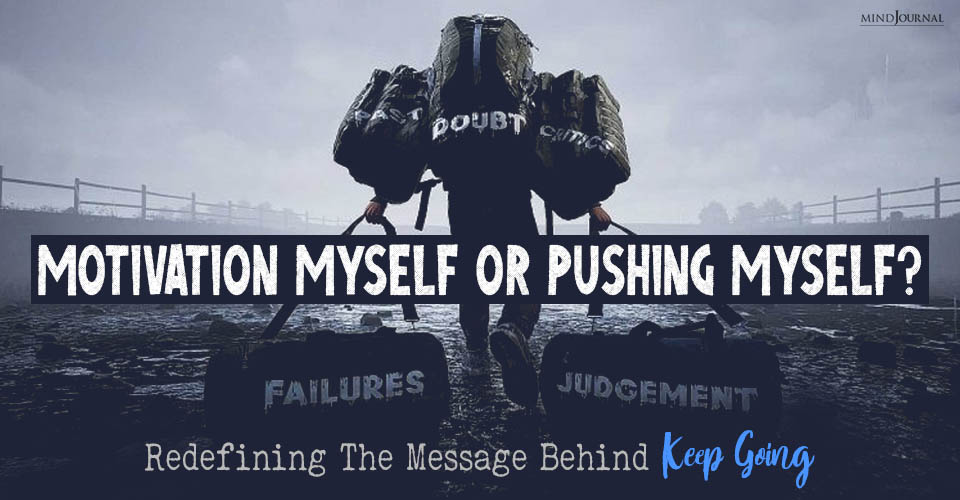What authentic people do differently than the rest of us, and how you can too. To become one of them you need to explore the habits of truly genuine people.
We tend to value “genuine” people and think poorly of those whom we perceive as being “fake”—but why is that? After all, what motivates “fakeness” is an effort to appear more appealing or impressive, so shouldn’t we find people who care about our opinions more appealing than those who, by definition, do their own thing regardless of what we think?
Well, no, we shouldn’t—and for three basic reasons:
1. We are much more likely to trust a genuine person than a fake one because we believe those who are true to themselves are also likely to be truer and more honest with us.
2. We often associate genuineness with appealing traits, such as strength of character and emotional resilience—and correctly so, as being true to yourself takes confidence, tenacity, and often even bravery.
3. We are attracted to uniqueness and individuality, qualities genuine people usually have in spades.
Many journeys of self-improvement and self-discovery involve efforts to live a more authentic life. Adopting the following seven habits can help you become a more genuine person—however, balance is important.
Overdoing any of these might do more harm than good so be sure to set moderate, not extreme, goals when it comes to working on them.
Find out 7 Habits of Truly Genuine People.
1. Genuine people speak their mind.
This is actually a two-step habit. Genuine people take time to figure out their own opinions and perspectives about things, and they are not shy about sharing their thought-out opinions with others.
The manner in which they share their opinions also matters: Genuine people are comfortable presenting their ideas without expecting or needing to convince others they are right. One thing that helps them get in touch with their true opinions and perspectives is…
Related: Authentic People Do These 12 Things Differently
2. Genuine people respond to internal expectations, not external ones.
Genuine people spend time thinking about and exploring their own beliefs, ideals, standards, and expectations because they rely on the answers to these questions to give them direction and purpose in life.
Of course, identifying your own ideas and beliefs is not necessarily easy, since they can easily conflict with the beliefs and standards of the families, communities, and cultures in which you were raised. Indeed, being authentic is often associated with being brave because you’re then likely to do the following…
3. Genuine people forge their own paths.
Being authentic is not just about what you think or say but what you do and how you are in the world. Being guided by an internal compass means not having to follow the conventional or typical routes others take to achieve their goals.
Therefore, genuine people search for and discover their own unique way of pursuing their passions and purpose, often forging an entirely new path as they do. The risk of forging a new and unproven path is that not all your efforts will be successful.
Related: 7 Signs You Have a Spiritual Gift – Are You Genuinely Gifted?
4. Genuine people are not threatened by failure.
The reason most people follow conventional routes is they are supposedly “proven” and “safer,” and therefore more likely to yield success.
On the other hand, taking the road less (or never) traveled is risky and can lead to failure. Yet, genuine people do so because they are not threatened by the idea of failing.
In fact, they view failure as an integral part of their journey, a source of learning, and an enriching experience from which they can grow. Because they find failures instructive rather than threatening…
5. Genuine people can admit their faults.
To be true to your feelings and opinions you must first be honest with yourself about your thoughts, beliefs, and behavior—which means confronting the bad along with the good.
As such, genuine people are likely to recognize their faults and shortcomings, to accept them, and to take responsibility for their actions as a result. Indeed, their general ability to own their faults, mistakes, and failures extends beyond how they see themselves such that…
6. Genuine people are not judgmental of others.
Being honest about their own faults and embracing individuality and differences leads genuine people to be less judgmental and more accepting of the people around them.
Their fundamental assumptions about human complexity and their reluctance to view people via the lens of bias or preconceived expectations allows them a purer perspective that usually leads to direct and honest interactions and relationships. And all of the habits listed above stem from one core psychological characteristic of genuine people…
Related: 21 Things That Change When You Start Respecting Yourself
7. Genuine people have solid self-esteem.
Having solid self-esteem means having stable self-esteem that is neither too high nor too low. (Narcissists, for example, have high but brittle self-esteem.)
As a result, genuine people can tolerate and absorb failure and criticism, admit their faults, and be accepting of others because they are not threatened by imperfection.
Indeed, having solid self-esteem means, by definition, that you can absorb both negative and positive feedback and acknowledge aspects of your character that might need work or improvement without diminishing your overall sense of self-worth.
For scientifically proven ways to manage failure and enhance self-esteem check out Emotional First Aid: Healing Rejection, Guilt, Failure and Other Everyday Hurts (Plume, 2014).
Written By Guy Winch PhD.
Originally published on Psychology Today
Printed with permission from the author











Leave a Reply